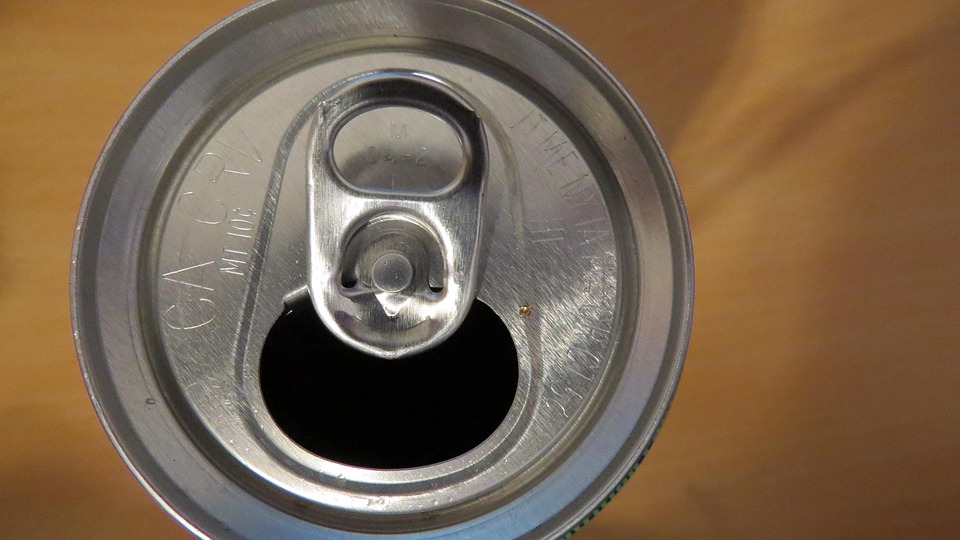Can I Put Water In Windshield Wiper Fluid

Many drivers, especially when faced with an empty windshield washer fluid reservoir, wonder if they can simply top it off with water. The simple answer is: yes, you *can* put water in your windshield wiper fluid, but it's generally not recommended as a long-term solution. Let's delve deeper into why and explore the potential consequences.
The Drawbacks of Using Water Alone
While water might seem like a convenient and cost-effective alternative to proper windshield washer fluid, there are several reasons why it's not the best choice:
Poor Cleaning Performance
Windshield washer fluid is specifically formulated to effectively remove road grime, bug splatters, bird droppings, and other debris that accumulate on your windshield. It contains detergents and solvents that help break down these substances, leaving your windshield clean and clear. Water, on the other hand, lacks these cleaning agents. It might rinse away some loose dirt, but it won't effectively tackle stubborn messes. This can significantly impair your visibility, especially in challenging driving conditions like rain or at night.
Freezing Temperatures
Perhaps the most significant drawback of using water in your windshield wiper reservoir is its susceptibility to freezing. Water freezes at 32°F (0°C). When water freezes in your windshield washer system, it can cause significant damage, including:
- Cracked Washer Fluid Reservoir: The expansion of water as it freezes can put immense pressure on the plastic reservoir, leading to cracks and leaks.
- Damaged Washer Fluid Pump: Ice can obstruct the pump, causing it to strain and potentially burn out. Replacing the pump can be a costly repair.
- Clogged or Broken Washer Fluid Lines: Frozen water can block or even rupture the delicate lines that carry the fluid to the nozzles on your windshield.
- Non-Functional Washer Nozzles: The nozzles themselves can become blocked with ice, rendering them useless.
Even in regions with mild winters, sudden temperature drops can occur, leading to these freezing-related problems. Windshield washer fluid is formulated with antifreeze agents (typically methanol or ethylene glycol) that lower its freezing point, protecting your system from damage.
Corrosion
While less common than freezing issues, using plain water can also contribute to corrosion within your windshield washer system. Minerals and impurities in the water can react with metal components, leading to rust and degradation over time. Windshield washer fluid often contains corrosion inhibitors to help prevent this issue.
Mold and Bacteria Growth
Plain water can become a breeding ground for mold and bacteria, especially in warmer climates. This can lead to unpleasant odors emanating from your windshield washer system and potentially clog the nozzles.
When is it Okay to Use Water?
There are a few limited circumstances where using water *might* be acceptable, but only as a very short-term solution:
- Emergency Top-Off: If you're completely out of windshield washer fluid and driving conditions are hazardous, adding a small amount of water to improve visibility temporarily is better than nothing. However, replenish with proper windshield washer fluid as soon as possible.
- Dilution (with caution): In the summer months in areas with very mild temperatures, you *could* dilute your windshield washer fluid with a small amount of water. However, be extremely cautious and never dilute it more than recommended by the manufacturer of the fluid. Always prioritize using the proper concentration of windshield washer fluid.
Never use water alone in freezing temperatures.
What Kind of Windshield Washer Fluid Should I Use?
Choosing the right windshield washer fluid is essential for optimal performance and protection. Consider these factors:
- Climate: Select a fluid with a freezing point appropriate for your region's winter temperatures. Some fluids are specifically formulated for extreme cold.
- Cleaning Power: Look for fluids that effectively remove bugs, grime, and other road debris.
- Features: Some fluids offer additional features like water repellency (to help rain bead off your windshield) or de-icing capabilities.
Always follow the manufacturer's instructions on the windshield washer fluid container.
Alternatives to Plain Water
If you're looking for a more environmentally friendly option than traditional windshield washer fluid, consider using a biodegradable or plant-based formula. These fluids are designed to be less harmful to the environment while still providing effective cleaning and freeze protection.
Key takeaway: While using water in your windshield wiper fluid reservoir might seem like a quick fix, it's generally not a good idea. The potential for damage to your system and reduced cleaning performance outweighs the convenience. Invest in proper windshield washer fluid to ensure clear visibility and protect your vehicle.
Preventative Maintenance for Your Windshield Washer System
Here are a few tips to keep your windshield washer system in good working order:
- Check Fluid Levels Regularly: Top off your washer fluid reservoir frequently, especially before long trips or during inclement weather.
- Use the Correct Fluid: Always use a quality windshield washer fluid formulated for your climate.
- Inspect Washer Nozzles: Make sure your washer nozzles are clear and properly aimed. Use a small pin or needle to clear any clogs.
- Check for Leaks: Inspect the reservoir and hoses for any signs of leaks. Address any leaks promptly to prevent further damage.
- Consider a Professional Inspection: Have your windshield washer system inspected by a qualified mechanic as part of your regular vehicle maintenance schedule.
By following these simple tips, you can ensure that your windshield washer system is always ready to provide you with clear visibility on the road, enhancing your safety and driving experience.
